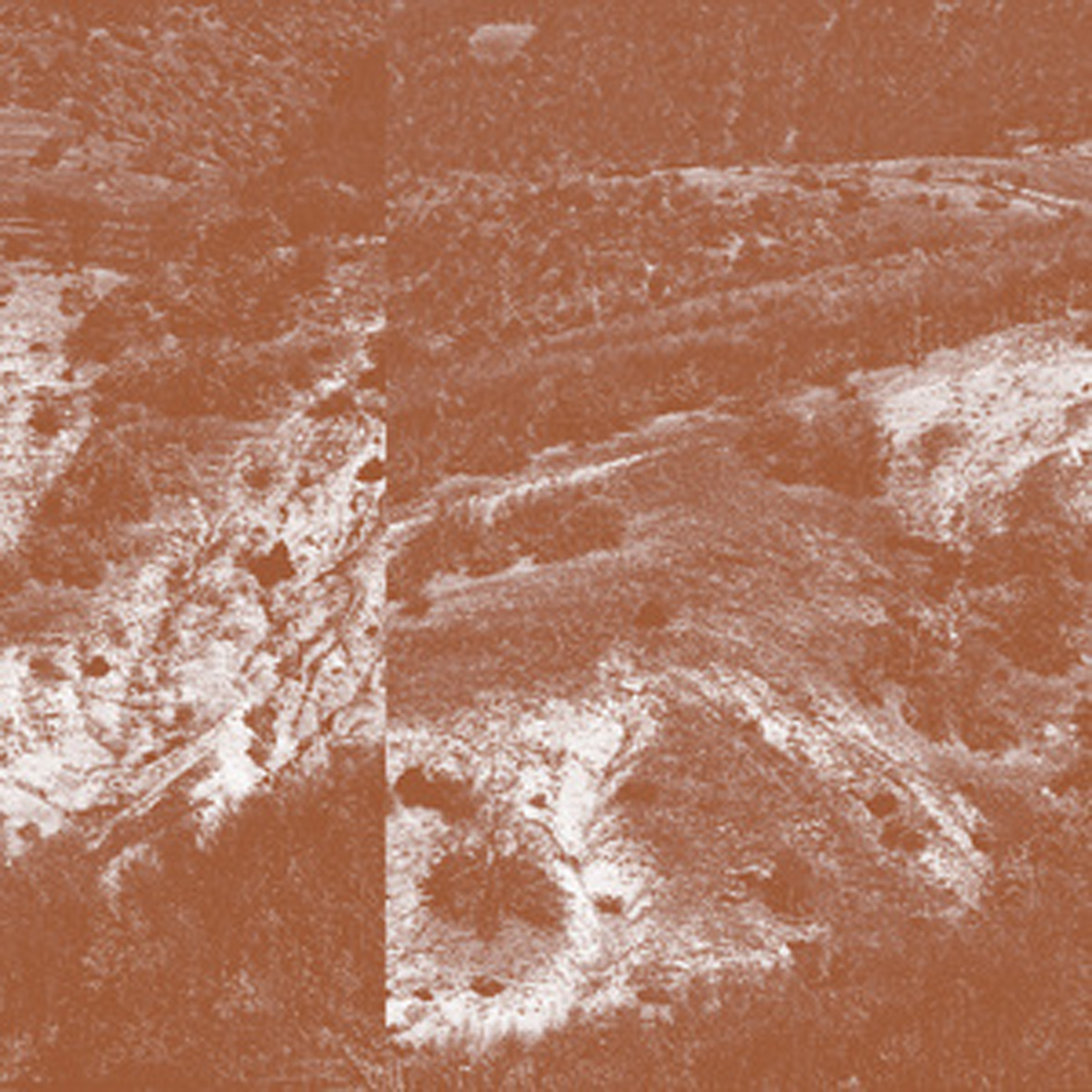
I first encountered John Chantler's work with 2010's Luminous Ground and summarily dismissed him as just another vintage gear fetishist making gently blooping, blurting, and semi-random-sounding modular synth music. In hindsight, I still do not think that I was entirely wrong about that, but I was quite mistaken in my assumption that that album conveyed the full range of Chantler's artistry. While some parts of Which Way to Leave? similarly invite comparisons to the fading analog synth revival that has plagued me for the last few years, the more substantial pieces show that Chantler is a formidable composer with a vibrant and distinctive style of gnarled and grainy unpredictability.  When Chantler is good, he is extremely good.
It is very easy to see my why previous exposure to Chantler's work did not make much of an impression, as Which Way to Leave? shows that Chantler's greatest talents seem to be textural and that entropy is probably his muse.That being the case, a modular synthesizer should theoretically be the perfect instrument for such an artist.Unfortunately, it is a little too perfect, as it lends itself so well to textured unpredictability that almost everyone wielding a vintage modular synth sounds about the same to me, aside from a few singular artists like Alessandro Cortini.Thankfully, it seems like Chantler is merely using his synth as a tool this time around rather than keeping his hat in the ring with the other synth purists.I have no idea what he plays on this album, as he credits himself with just "electronics," but I do know that he has a few guest musicians on board and that there is ample evidence that these pieces are multi-layered compositions rather than solo improvisations or one-take performances.Amusingly, this is also Chantler's "most explicitly melodic" record according to Room40, a claim that makes me curious to hear how much more amelodic his previous work could possibly be.I suppose the opening "Falling Forward" technically does have a melody, but its appeal lies primarily in how mangled, blown-out, and stuttering that melody gets by the time Chantler is done with it.  Whatever relationship Chantler has with melody seems to be a rather abusive one, as the main theme of "Falling Forward" truly sounds like it is being played at the wrong speed though a blown speaker as the electricity flickers and shorts out.
That said, the best pieces are indeed the ones that balance Chantler’s sizzling, crackling, and gently blooping textural soundscapes with at least a hint of melody.Consequently, "Falling Forward" is one of the album’s legitimate high points: its greatest strength is in the contrast between its dense, gnarled, and sputtering central motif and the nimbus of unpredictably harmonizing sustained tones on the periphery.Another strong piece is "Fixation Pulse," though it takes a while to evolve beyond a subdued host of alien hums and bleeps.Gradually, however, a distorted and sizzling ghost of a melody burns through the haze and achieves a kind of otherworldly, slow-motion beauty.  I suspect my favorite piece on the album is the lengthy "First December" though, which sounds like gorgeous drone work processed through a crazy array of filters that transform it into something vibrantly shuddering, shimmering, and unrecognizably different.That piece is kind of a brilliantly representative microcosm of what Chantler does on this album: sometimes the compositions are strong and sometimes they are not, but the magic lies in how organically alive and otherworldly those compositions can feel.
I suppose the remaining "songs" are quite likable as well, as they are at least admirably warped and evocative. "Lesser Demands," for example, sounds like a field recording from the inside of some kind of giant unearthly beast, while "All Visible Signs" is all woozy twinkling and sad, sea-sick bloops until it transforms into something that resembles nothing less than an alien rainforest.The closing "Beginning Again" is curiously quite similar, but eventually diverges by cohering into a strangely beautiful coda of erratically oscillating feedback and unexpectedly poignant bleeps.I suppose that coda is what separates Chantler's superior work from the rest, as he always excels at setting the stage for something wonderful to emerge, but sometimes seems perfectly content to just remain at that point.When he actually goes one step further and allows something more substantial to take shape, the results can be absolutely sublime.Ultimately, I think only about half of Which Way to Leave? truly approaches greatness, but it is still a complexly layered, subtly hallucinatory, distinctive, and richly absorbing album that seems to get deeper and more compelling with each successive listen.
Samples:
 
Read More

